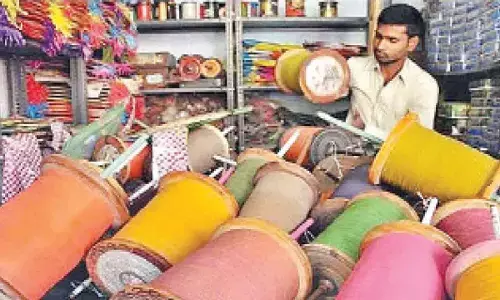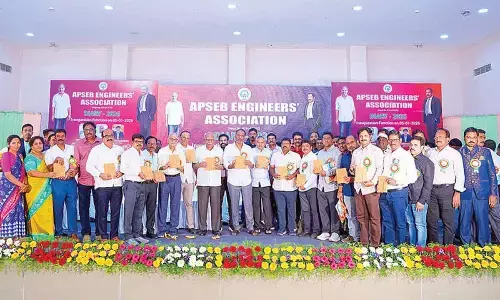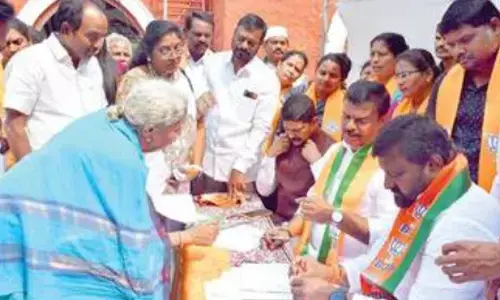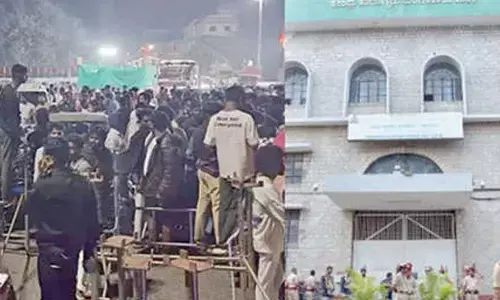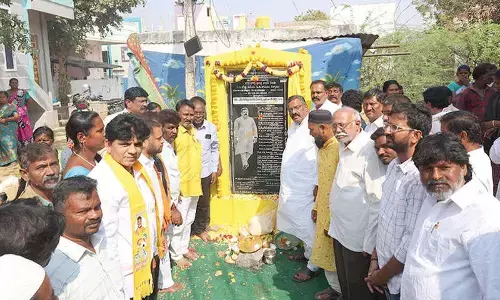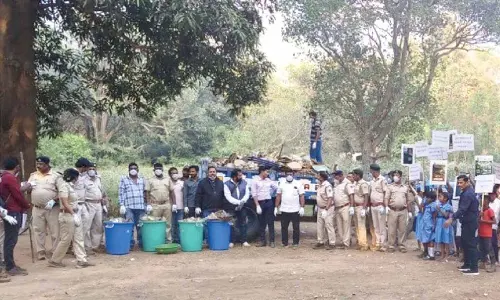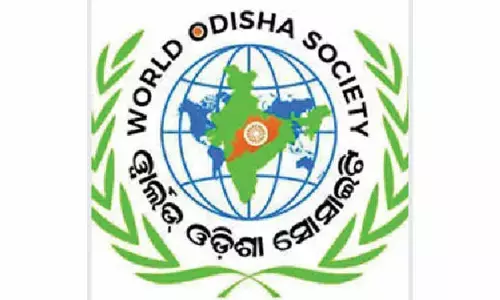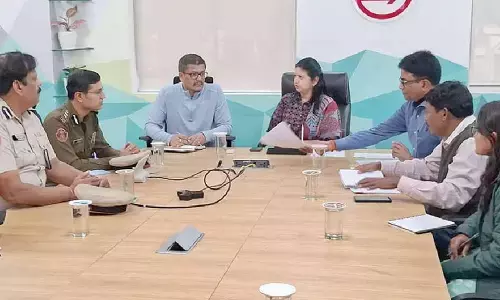Home delivery of essential medicines can be organised in containment zones: Health ministry
 Representational Image
Representational ImageThe Centre has suggested states and UTs to organise home delivery of essential medicines like calcium, iron/folic acid and zinc tablets besides contraceptives in containment zones to ensure maternal and child healthcare is not affected due to the coronavirus-induced lockdown.
NEW DELHI: The Centre has suggested states and UTs to organise home delivery of essential medicines like calcium, iron/folic acid and zinc tablets besides contraceptives in containment zones to ensure maternal and child healthcare is not affected due to the coronavirus-induced lockdown.
In its 'Guidance note on Provision of Reproductive, Maternal, Newborn, Child, Adolescent Health Plus Nutrition (RMNCAH+N) services during and post COVID-19 pandemic' released on Wednesday, the ministry stressed that critical services for women, children and adolescent should be provided irrespective of their COVID-19 status.
"Under no circumstances should there be a denial of essential services," it highlighted.
"Home deliveries of essential medicines like IFA, Calcium, ORS, Zinc, contraceptives etc. can be organized in containment zones," it said.
Campaign mode services like mass vitamin A prophylaxis, campaigns for Intensified Diarrhea Control Fortnight (IDCF), National Deworming Day (NDD) and Test treat and Talk (T3) camps for Anemia, can be organised on an alternative mechanism like through home delivery of essential services and commodities etc. based on local situation, it said.
In case the number of beneficiaries is more, then additional sessions/clinics could be organized. Community based activities should have limited participation (5-10) at a time.The procedure site and all equipment should be sanitized properly before and after the clinics/sessions, it said.
All COVID-19 suspects and positive cases should preferably be provided services at dedicated COVID facility.
"COVID-19 testing is not mandatory for RMNCAH+N service. ICMR testing guidelines need to be followed," it said, while underlining that tele-consultation services should be promoted at all levels to prevent overcrowding and reduce cross infection.
As far as immunisation services are concerned, birth dose vaccination should be continued at all health facilities as the beneficiaries are already in the facility.
In other cases, providing vaccination doses will only be allowed outside the containment and buffer zones, and in green zones.
An area enlisted as a ''containment or buffer zone'' should stop health facility-based sessions and outreach sessions, but if a beneficiary walks-into a health facility to get their child vaccinated, he/she should not be turned away.
"The COVID-19 pandemic has demanded additional attention of our healthcare system and it is vital that during this period the essential RMNCAH+N services are not affected," Union health secretary Preeti Sudan said in a letter to chief secretaries and health secretaries of states and UTs recently.
"Each state/UT needs to ensure access to these services in order to avert the increased risk of morbidities, unwanted pregnancies and mortalities thereby ensuring the health and well-being of mothers and children," she said.
The guidance note issued on Wednesday elaborates that services such as antenatal and newborn care, immunization, family planning and adolescent health among others are to be provided at different levels in accordance with the zonal categorization of containment zones, buffer zones and beyond these zones.
"India also has the largest adolescent and youth population. Therefore, in addition to the current priority for COVID-19 for health facilities and health workers, it is also vital that essential health services for vulnerable population like this segment are continued during the pandemic," it said.








